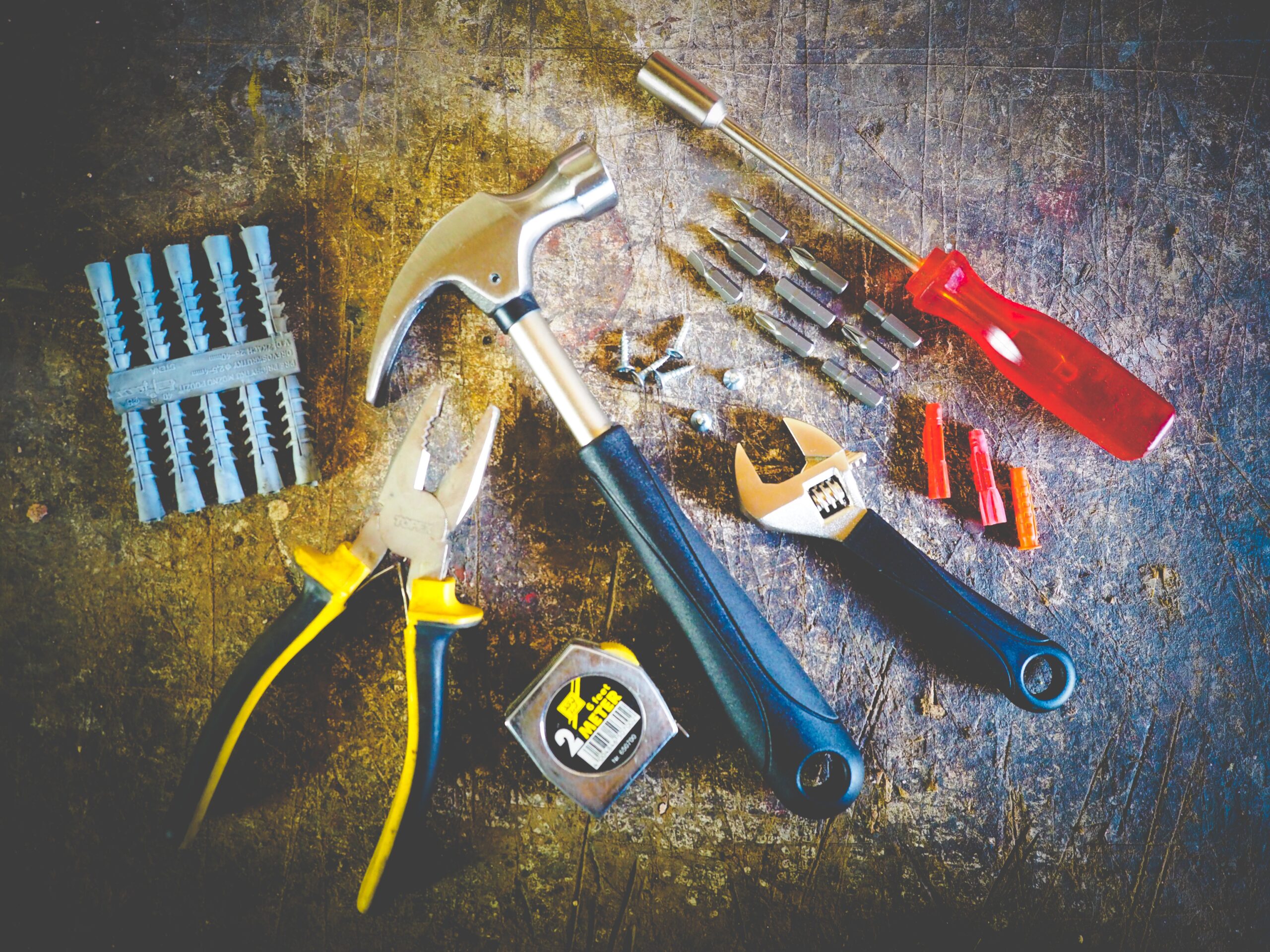Doing and comprehending house repairs is a true blessing and gift. It gives you the ability to take charge of your living environment, save money on professional services, and unleash your creativity to turn your home into a unique refuge. Each repair you do leaves you feeling satisfied and accomplished, whether you’re repairing a leaking faucet or taking on bigger construction tasks. Knowing how to manage repairs around the house not only improves your practical abilities but also fosters confidence and independence. Accept these useful skills, enjoy the satisfaction of transforming a house into a home with your own two hands, and relish the satisfying experience of maintaining and enhancing your living environment. In this article, we will discuss how to prepare for home repairs and get them done.
Assessing the Repair Needs
One of the most important steps in solving home maintenance problems is determining the need for repairs. Spend some time carefully inspecting every aspect of your property, both inside and out, to find any problems. Look for indications of deterioration, water damage, electrical problems, or structural problems. You may rank repairs according to urgency by doing a thorough inspection, and you can create an action plan to handle each work methodically.
Researching and Gathering Information
It’s crucial to empower oneself with information before beginning any repair endeavor. Use internet tools, home renovation books, and instructional videos to learn more about the precise fixes you must do. You can make wise selections and approach the repairs with confidence if you are aware of the underlying reasons and possible fixes for the current problems. Pay close attention to safety recommendations, suggested methods, and any applicable permits or laws.
Assembling the Right Tools and Materials
You must have the right equipment and supplies for your repair projects for efficiency and high-caliber work. Thoroughly inventory the equipment and materials required for each repair job. Before beginning the repairs, make sure you have everything on hand, from common hand tools like hammers, screwdrivers, and wrenches to more specialist instruments like tile cutters or pipe wrenches. Collect essential supplies like paint, caulk, adhesives, or replacement components to prevent needless delays.
Safety First: Handling DIY Repairs
The safety of the repair project should always come first. Learn about the safety measures that apply to the repairs you’re doing. For instance, make sure the power is off while working with electricity, and take the appropriate safety measures to prevent electrical shocks. When handling dangerous products or substances, put on the necessary protective clothing, such as gloves, safety glasses, and masks. You may reduce the likelihood of accidents and injuries by adhering to safety regulations and taking the required procedures.
Seeking Professional Help
While many repairs may be completed as do-it-yourself chores, other jobs need professional knowledge. It is best to leave skilled experts in charge of complicated electrical work, extensive plumbing repairs, and structural alterations. Recognize your limits, and it’s advisable to engage a skilled expert when a repair job surpasses your skill level or offers safety dangers. They possess the skills, expertise, and equipment needed to carry out the repairs quickly while guaranteeing adherence to all construction laws and requirements.
For example, air duct repair is one thing that requires the services of a professional. Repairing air ducts and sealing them is important to keep pollutants out of your home, enhancing indoor air quality and lowering allergy triggers. Your air ducts should be visually inspected first for any indications of damage, such as frayed connections or obvious leaks. To fill up cracks or seams, using foil tape or mastic sealant is required. Hence seeking professional help in some cases is important for more complete cleaning and inspection.
Maintaining a Repair Schedule
Maintaining a maintenance schedule keeps you organized and guarantees that repairs are handled promptly. Set aside precise times for each work and rank repairs according to urgency. Set reminders for regular maintenance and inspections using a calendar or digital tools. You can maintain the general condition of your property and stop small problems from turning into more expensive repairs by adhering to a repair schedule.
Conclusion
Finally, house repairs provide a special chance for personal empowerment and development in addition to being necessary for preserving the operation and worth of your home. Managing house repairs not only helps you save money but also allows you to change your living environment any way you see fit. To create a secure, comfortable, and attractive house through your efforts, embrace the difficulties and benefits that come with home renovations.

